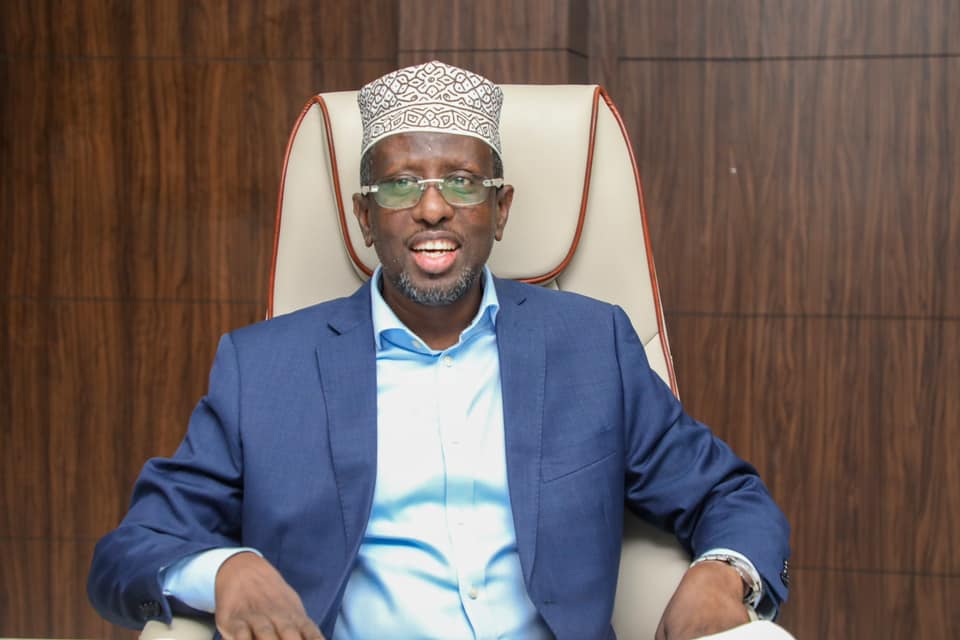The proposed budget bill for the upcoming fiscal year reflects the federal government’s struggle to balance economic stability with growth aspirations. Officials’ ability to manage debt, implement reforms, and secure external financing will determine the country’s economic trajectory.
Last week, lawmakers received a 971.6 billion Br budget bill strained by high domestic debt servicing costs. This comes amidst hopes for restructuring external debt following Ethiopia’s first-ever default earlier this year. The budget reflects the country’s macroeconomic instability, with a modest 21.1pc expansion and a 21.9pc increase in recurrent expenditures, which account for 46.5pc of the total budget.
Finance Minister Ahmed Shide underscored fiscal discipline and controlled expenditures, alongside budding reforms to improve foreign currency management and align rates between official exchanges and parallel markets. He plans to build on the successes of the first Homegrown Economic Reform (HGER) towards a stable balance of payments, sustainable debt servicing, and a strong economy.
However, not every MPs were convinced.
Abraham Berta (PhD), an MP from the opposition party Ethiopian Citizens for Social Justice (EZEMA), questioned the effectiveness of the first HGER in addressing the country’s macroeconomic instability. He argued that there was insufficient substantial proof to justify claims of success from the first iteration of the reforms.
“Have the living standards of our people increased?” Abraham asked.
Abraham warned against the devaluation as a policy response to the country’s foreign exchange woes, citing economists’ concerns about its immediate impact on low-income households. “A dangerous antidote”, he called the widely held public perception of devaluing the Birr prompted by creditors’ pressure.










